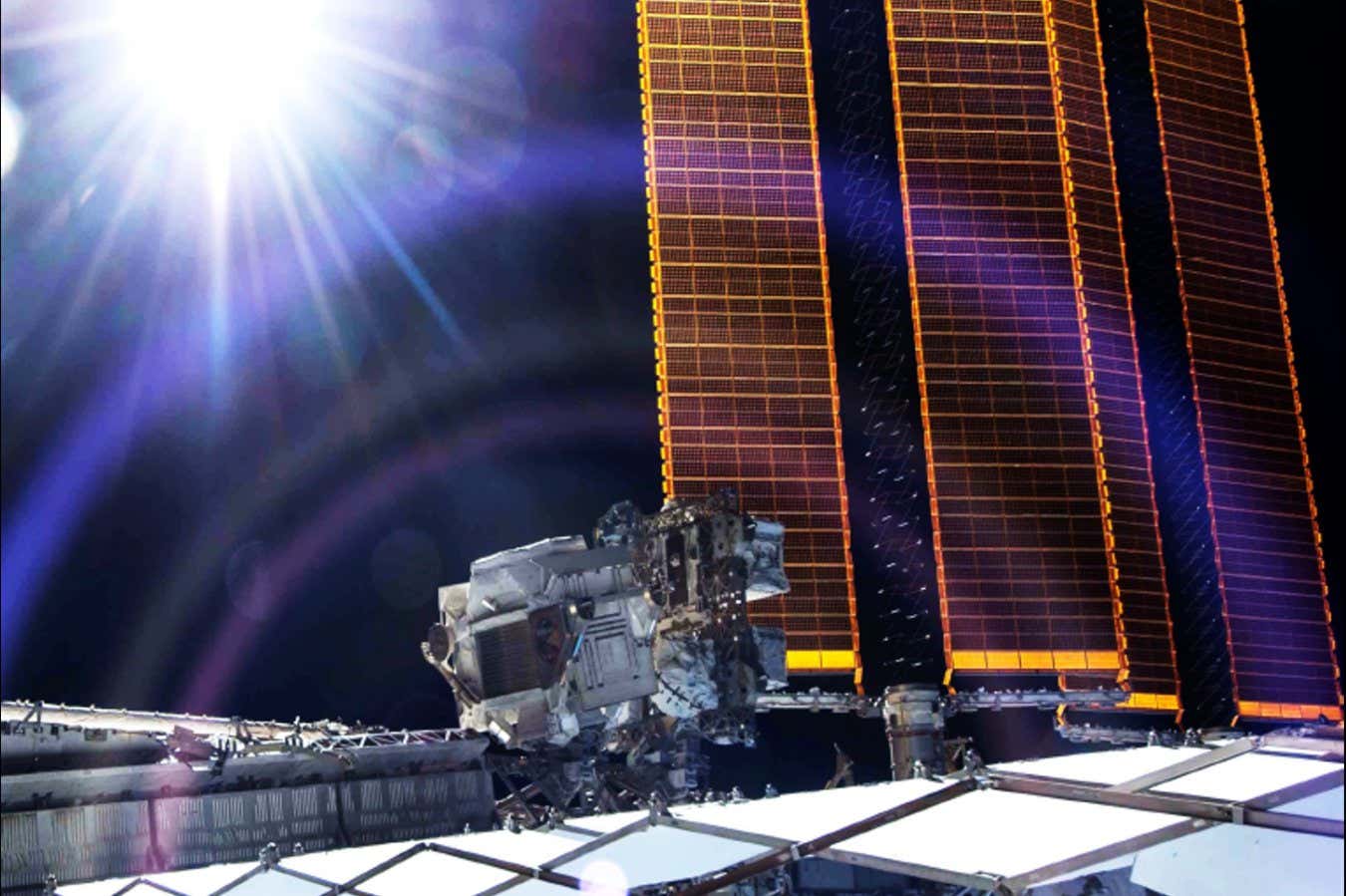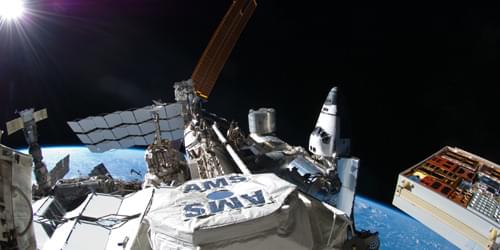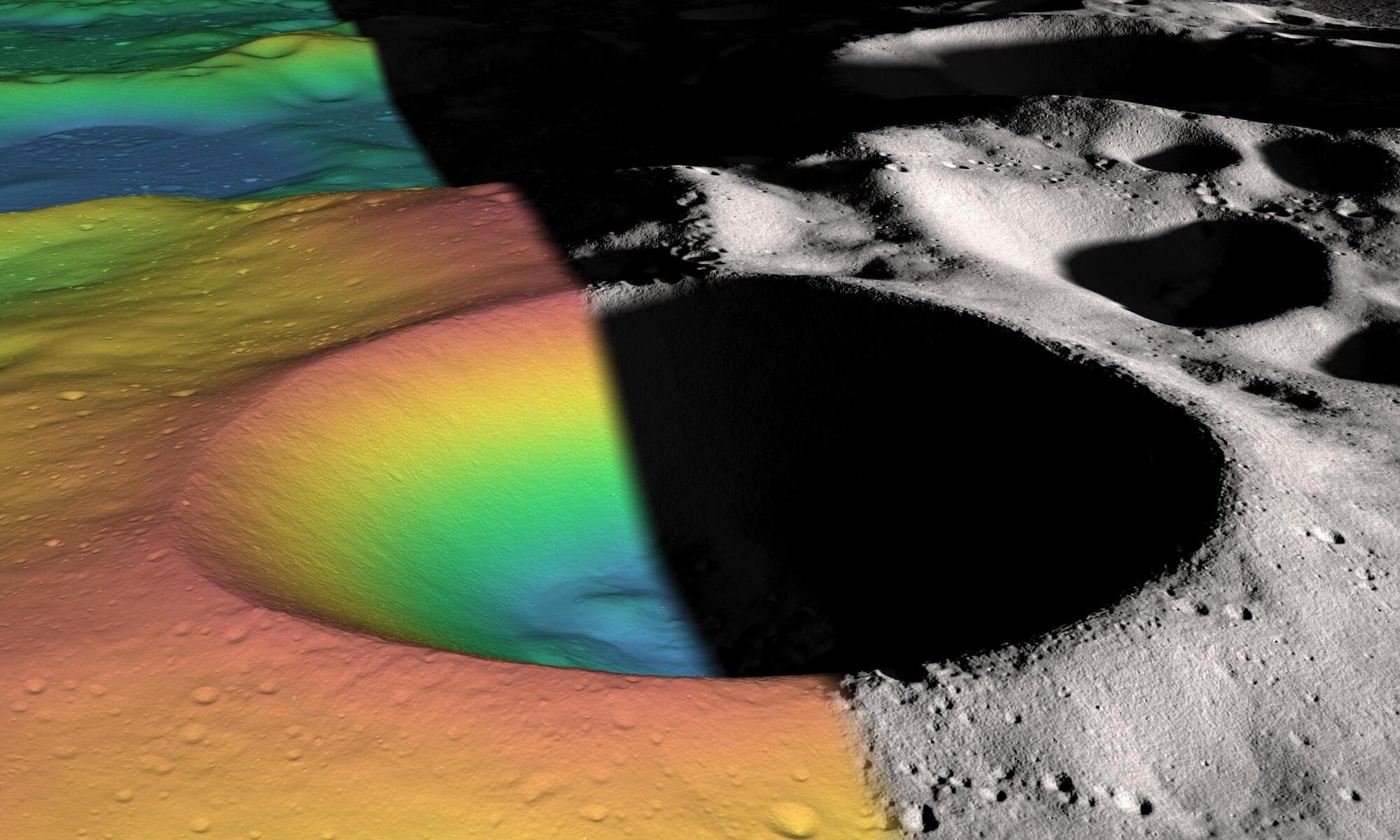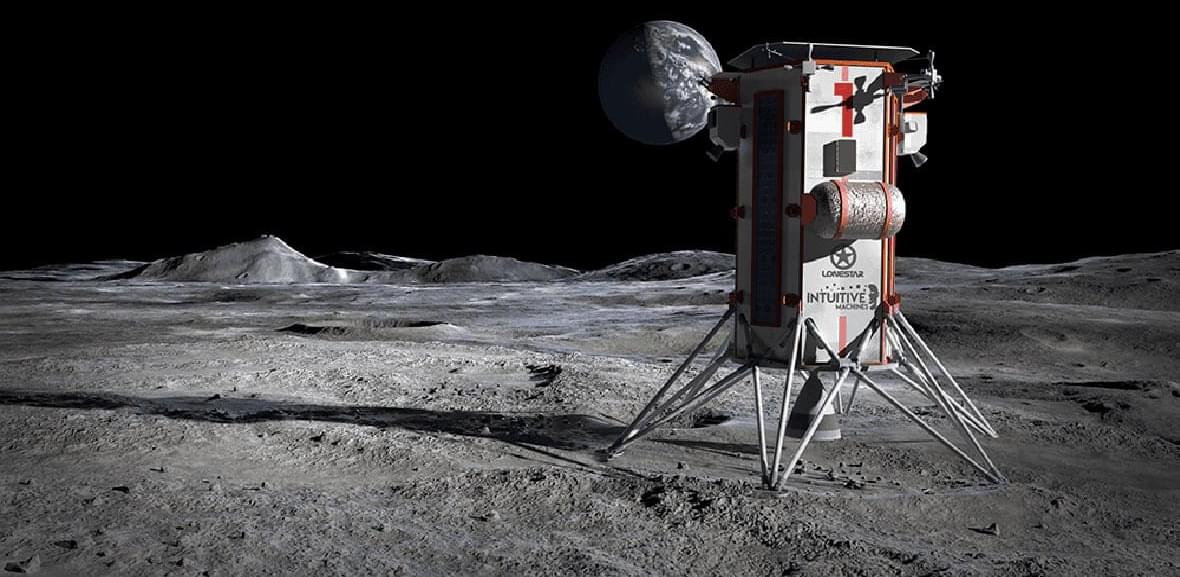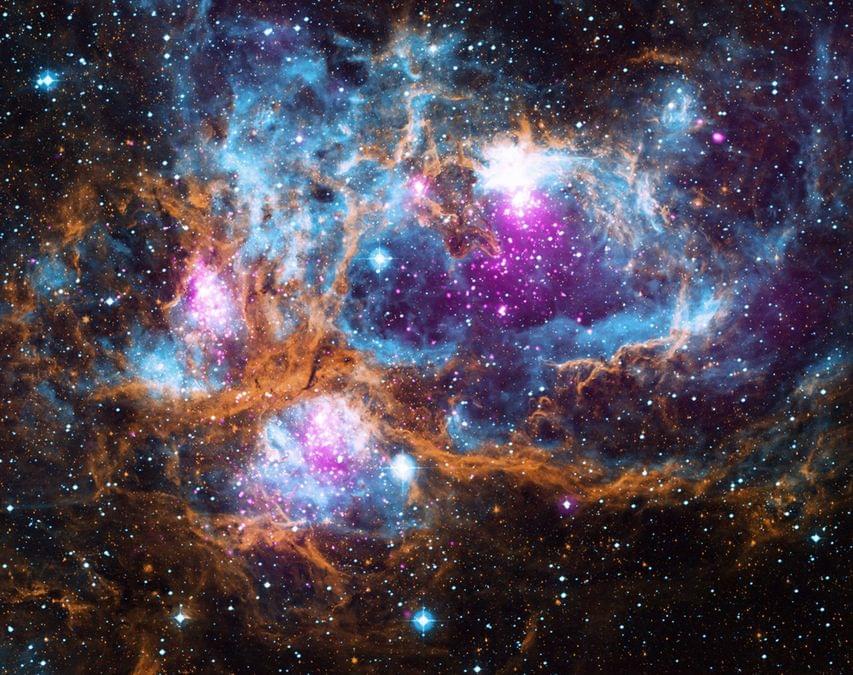Professor Graham Oppy discusses the Turing Test, whether AI can understand, whether it can be more ethical than humans, moral realism, AI alignment, incoherence in human value, indirect normativity and much more.
Chapters:
0:00 The Turing test.
6:06 Agentic LLMs.
6:42 Concern about non-anthropocentric intelligence.
7:57 Machine understanding & the Chinese Room argument.
10:21 AI ‘grokking’ — seemingly understanding stuff.
13:06 AI and fact checking.
15:01 Alternative tests for assessing AI capability.
17:35 Moral Turing Tests — Can AI be highly moral?
18:37 Philosophy’s role in AI development.
21:51 Can AI help progress philosophy?
23:48 Increasing percision in the language of philosophy via technoscience.
24:54 Should philosophers be more involved in AI development?
26:59 Moral realism & fining universal principles.
31:02 Empiricism & moral truth.
32:09 Challenges to moral realism.
33:09 Truth and facts.
36:26 Are suffering and pleasure real?
37:54 Signatures of pain.
39:25 AI leaning from morally relevant features of reality.
41:22 AI self-improvement.
42:36 AI mind reading.
43:46 Can AI learn to care via moral realism?
45:42 Bias in AI training data.
46:26 Metaontology.
48:27 Is AI conscious?
49:45 Can AI help resolve moral disagreements?
51:07 ‘Little’ philosophical progress.
54:09 Does the human condition prevent or retard wide spread value convergence?
55:04 Difficulties in AI aligning to incoherent human values.
56:30 Empirically informed alignment.
58:41 Training AI to be humble.
59:42 Paperclip maximizers.
1:00:41 Indirect specification — avoiding AI totalizing narrow and poorly defined goals.
1:02:35 Humility.
1:03:55 Epistemic deference to ‘jupiter-brain’ AI
1:05:27 Indirect normativity — verifying jupiter-brain oracle AI’s suggested actions.
1:08:25 Ideal observer theory.
1:10:45 Veil of ignorance.
1:13:51 Divine psychology.
1:16:21 The problem of evil — an indifferent god?
1:17:21 Ideal observer theory and moral realism.
See Wikipedia article on Graham Oppy: https://en.wikipedia.org/wiki/Graham_… https://twitter.com/oppygraham #AI #philosophy #aisafety #ethics Many thanks for tuning in! Please support SciFuture by subscribing and sharing! Have any ideas about people to interview? Want to be notified about future events? Any comments about the STF series? Please fill out this form: https://docs.google.com/forms/d/1mr9P… Kind regards, Adam Ford
- Science, Technology & the Future — #SciFuture — http://scifuture.org
x: https://twitter.com/oppygraham.
#AI #philosophy #aisafety #ethics.
Many thanks for tuning in!
Please support SciFuture by subscribing and sharing!
